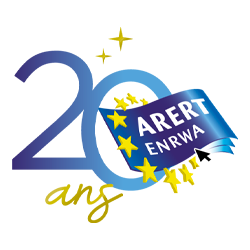In 2012, with the benefit of co-financing from the European Commission under the “Civil Justice” 2007–2013 programme, ENRWA successfully implemented the “Cross-Border Wills” project.
The aim of this study programme was to settle the cross-border aspects of practices related to locating wills. Once a will has been located, it is important to understand how the information contained in it can be communicated to interested persons located in another European Union Member State.
Each Member State has its own procedures for opening wills. The resultant conditions governing the communication of the content of a will vary from one Member State to the next. For the legal professionals entrusted with settling successions, the communication of the information contained in this document is such cases can therefore prove to be a lengthy and complicated process, which delays the settlement of the succession.
The implementation of the IRTE project, co-financed by the European Commission, enabled the number of registers of wills interconnected in Europe to be considerably expanded. The increasingly frequent consultation of foreign registers, as a result of the creation of this extensive network, raises the question for the legal professionals entrusted with the settlement of wills of the procedure to be followed to ascertain the content of a will. Moreover, this is necessary for such professional to draw up the European certificate of succession. The objective of the “Cross-Border Wills” project is therefore to examine national procedures for opening wills, with a view to harmonising them, while respecting their unique national characteristics




